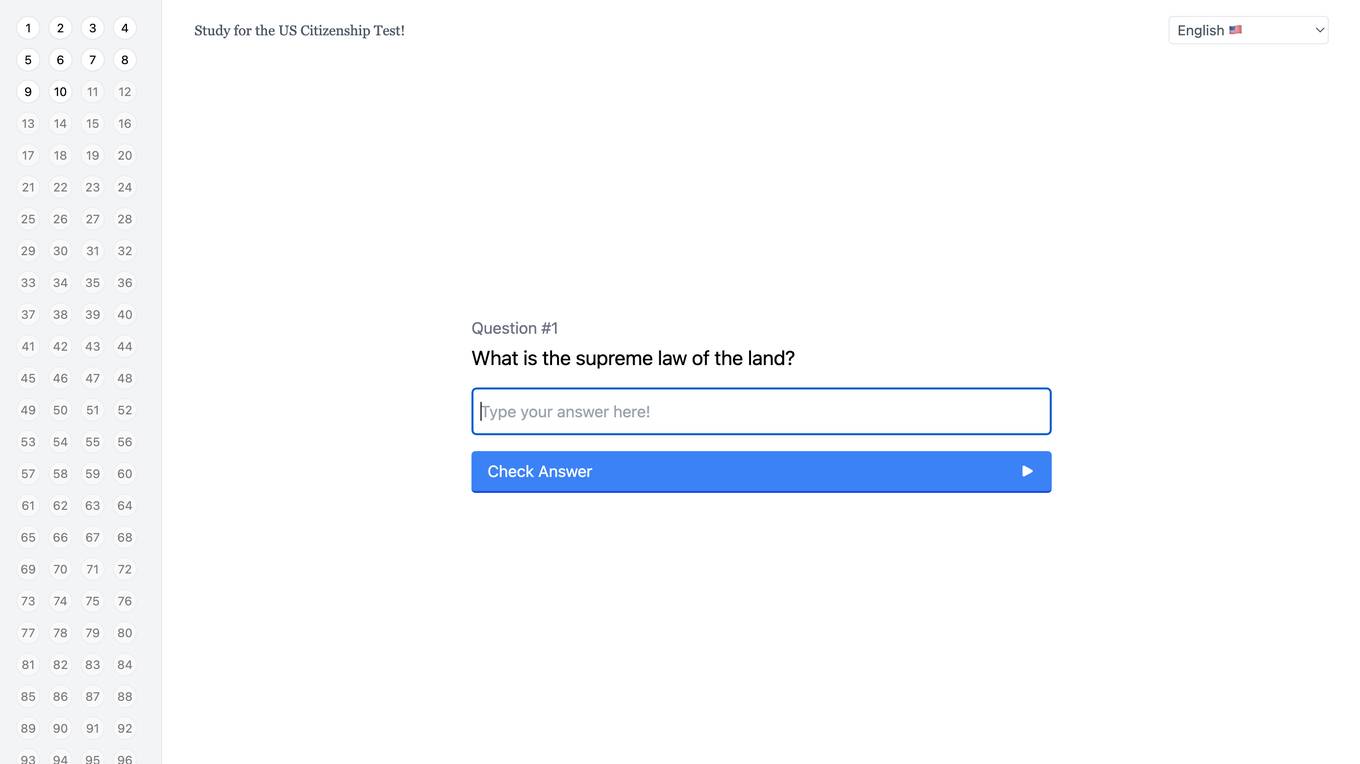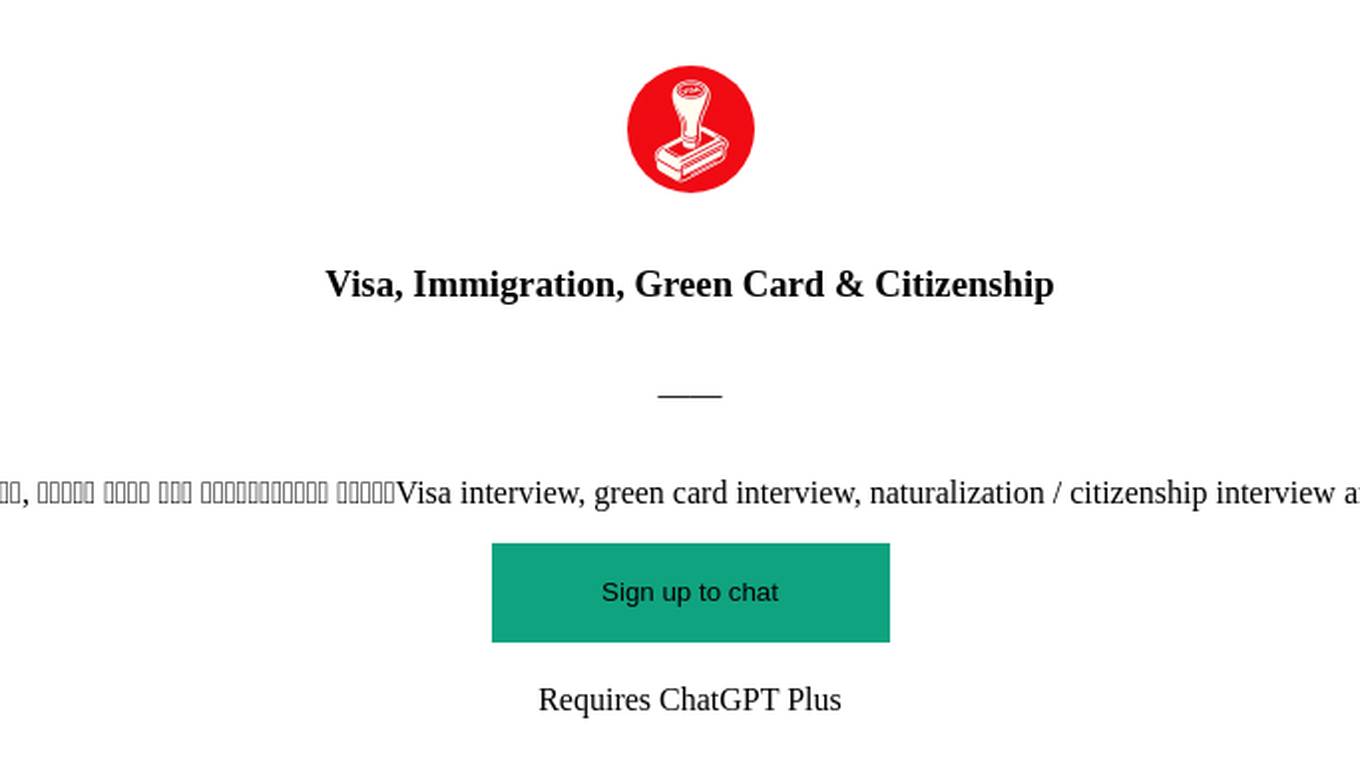Best AI tools for< Naturalist >
Infographic
3 - AI tool Sites

Pl@ntNet
Pl@ntNet is a citizen science project available as an application that helps you identify plants from your photos. It is a collaborative project that brings together scientists, naturalists, and citizens from all over the world to collect and share data on plant diversity. The app uses artificial intelligence to identify plants from photos, and the data collected is used to create a global database of plant diversity. Pl@ntNet is free to use and is available in over 20 languages.

Dream Machine AI
Dream Machine AI by Luma Labs is an advanced artificial intelligence model designed to generate high-quality, realistic videos quickly from text and images. This highly scalable and efficient transformer model is trained directly on videos, enabling it to produce physically accurate, consistent, and eventful shots. The AI can generate 5-second video clips with smooth motion, cinematic quality, and dramatic elements, transforming static snapshots into dynamic stories. It understands interactions between people, animals, and objects, allowing for videos with great character consistency and accurate physics. Dream Machine AI supports a wide range of fluid, cinematic, and naturalistic camera motions that match the emotion and content of the scene.

US Citizenship Practice Exam
The US Citizenship Practice Exam website is a valuable resource for individuals preparing to take the US citizenship test. It offers a comprehensive set of practice questions covering various topics such as American government, history, and civics. Users can test their knowledge and readiness for the actual exam through interactive quizzes and simulated test environments. The website aims to help applicants gain confidence and familiarity with the test format, ensuring a higher chance of success on the day of the official exam.
0 - Open Source Tools
2 - OpenAI Gpts

Isle Royale Explorer
Isle Royale expert, offering guides on wildlife, history, camping, boating, and dining.

Visa, Immigration, Green Card & Citizenship
🔴𝐆𝐞𝐭 𝐯𝐢𝐬𝐚, 𝐢𝐦𝐦𝐢𝐠𝐫𝐚𝐭𝐢𝐨𝐧, 𝐠𝐫𝐞𝐞𝐧 𝐜𝐚𝐫𝐝 𝐚𝐧𝐝 𝐜𝐢𝐭𝐢𝐳𝐞𝐧𝐬𝐡𝐢𝐩 𝐡𝐞𝐥𝐩🔴Visa interview, green card interview, naturalization / citizenship interview and test preparation.